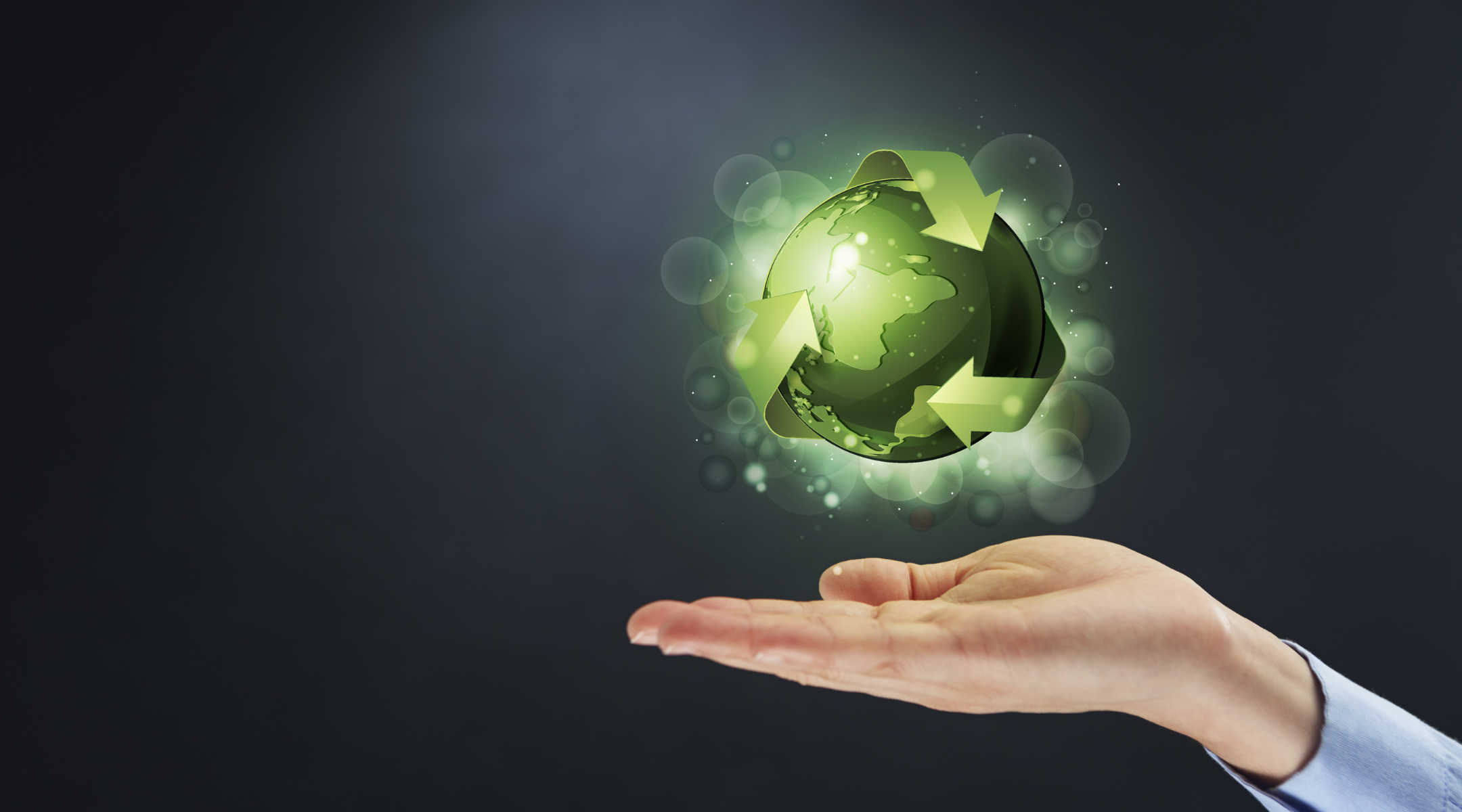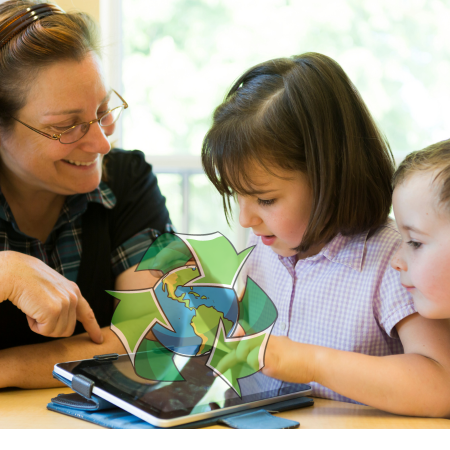In today’s rapidly changing world, instilling environmental consciousness in our youngest minds has become more crucial than ever. One powerful avenue for achieving this is through recycling education. As we delve into the realm of early childhood development, let’s explore the profound impact that recycling education can have on shaping young minds.
1. Cognitive Development: Recycling education offers a unique blend of sensory experiences, problem-solving challenges, and categorization tasks. Engaging with recycling concepts in a playful manner enhances cognitive development by stimulating critical thinking and decision-making skills. As children identify and sort recyclables, they actively participate in exercises that contribute to their intellectual growth.
2. Environmental Awareness: Introducing recycling education at an early age fosters a sense of environmental awareness. Children become attuned to the concept of waste reduction, resource conservation, and the importance of sustainable practices. These foundational lessons lay the groundwork for a generation that inherently values the well-being of the planet.
3. Social Responsibility: Recycling education goes beyond individual actions; it cultivates a sense of social responsibility. Young learners grasp the idea that their actions can impact the larger community and the world. By understanding the role they play in waste management, children develop empathy and a sense of duty toward creating a cleaner, healthier environment for everyone.
4. Habit Formation: They say habits formed in childhood last a lifetime. Recycling education introduces eco-friendly habits at an age when behaviors are being shaped. As children actively participate in recycling activities, these actions become ingrained, setting the stage for a future where responsible waste management is second nature.
5. Holistic Learning Experience: Recycling education provides a holistic learning experience. It seamlessly integrates various aspects of education, including science, mathematics, and social studies, into a cohesive narrative. As children explore the lifecycle of materials, understand the impact of their choices, and engage in hands-on activities, they are immersed in a multidimensional educational journey.
6. Preparation for a Sustainable Future: In a world facing environmental challenges, preparing the next generation to be stewards of the planet is paramount. Recycling education equips children with the knowledge and mindset needed to actively participate in sustainable practices. These young eco-champions are poised to become leaders in environmental stewardship, influencing positive change for years to come.
Conclusion: The impact of recycling education on early childhood development transcends the act of sorting materials. It lays the foundation for a future where environmental responsibility is not just a choice but a way of life. As we witness the transformative effects on cognitive development, social consciousness, and the formation of lifelong habits, it becomes clear that investing in recycling education for our youngest learners is an investment in a sustainable and thriving future.
For more insights on recycling education and our commitment to early childhood development, stay tuned to Learn Recycle. Reach out to us at Kiaan@learnrecycle.com.au to join the journey toward a greener and more conscious world.









